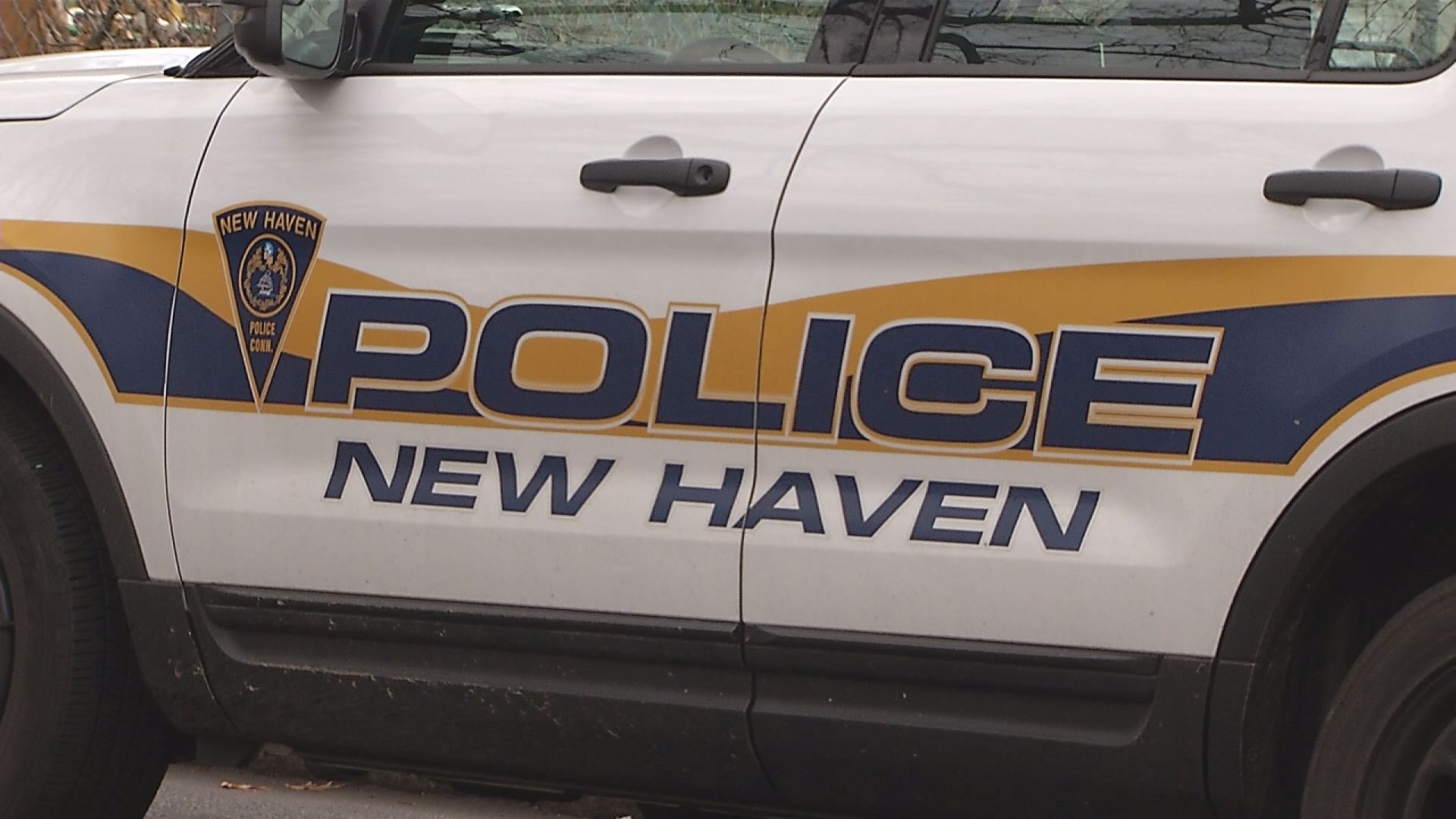Two big wireless providers say they’re changing up their plans for the rollout of new 5G service on Wednesday.
It comes amid growing fears from airlines that it could interfere with flights and cause “catastrophic” disruptions.
The Connecticut Airport Authority and others had warned the new 5G network could force your next flight to be cancelled or delayed during bad weather.
Now the telecoms are taking action, though it’s not clear it will be enough to satisfy the airlines.
Get Connecticut local news, weather forecasts and entertainment stories to your inbox. Sign up for NBC Connecticut newsletters.
“5G is quite literally the next generation of cellular communications," said Quinnipiac University Business Professor Dr. Ramesh Subramanian.
Think a lot faster cell service.
But the issue is 5G uses parts of the radio spectrum that is close to what’s used for critical aircraft equipment called an altimeter.
“It's a very simple radar that the plane uses that tells it how close it is to actually hitting the terrain and many airliners have what's called an auto land feature on them for when it's really foggy or there's very awful visibility for the pilots," said tech expert Lon Seidman.
After airlines warned of possible interference from 5G, its deployment has been pushed back a couple of times.
Now just before Wednesday’s expected launch, AT&T says it will delay rollout of its service near some airports while Verizon says it would limit it around airports. The exact details aren’t being spelled out.
“Everybody wants faster phone service, but certainly nobody wants that to interfere with navigational, you know, tools that the airlines use to safely land the planes,” said Tweed New Haven Airport Executive Director Sean Scanlon.
Local
Tweed New Haven had previously been included by the FAA in a group of 50 airports nationwide that would have a buffer around them reducing the power of 5G networks.
The airport director says they aren’t exactly sure why Tweed was added, though he points out there are a lot of homes and potentially people using their phones around the airport.
“We're happy to be one of those zones because it seems like there's a lot of stuff that needs to be worked out," Scanlon added.
The wireless providers blame the FAA and airlines for not planning for this years in advance.
They believe their equipment will not interfere with aircraft electronics and report other countries are safely using it.
“I'm hoping for, as the head of this airport, is that from six months time we would have definitive guidance from the FAA that they have studied this issue,” Scanlon said.
The airlines say their worries grew this week when they found out some airports with buffers would still have flight restrictions even when visibility is okay.
With a lot to still be worked out, the airport authority urges passenger to check their flight status before heading out.



